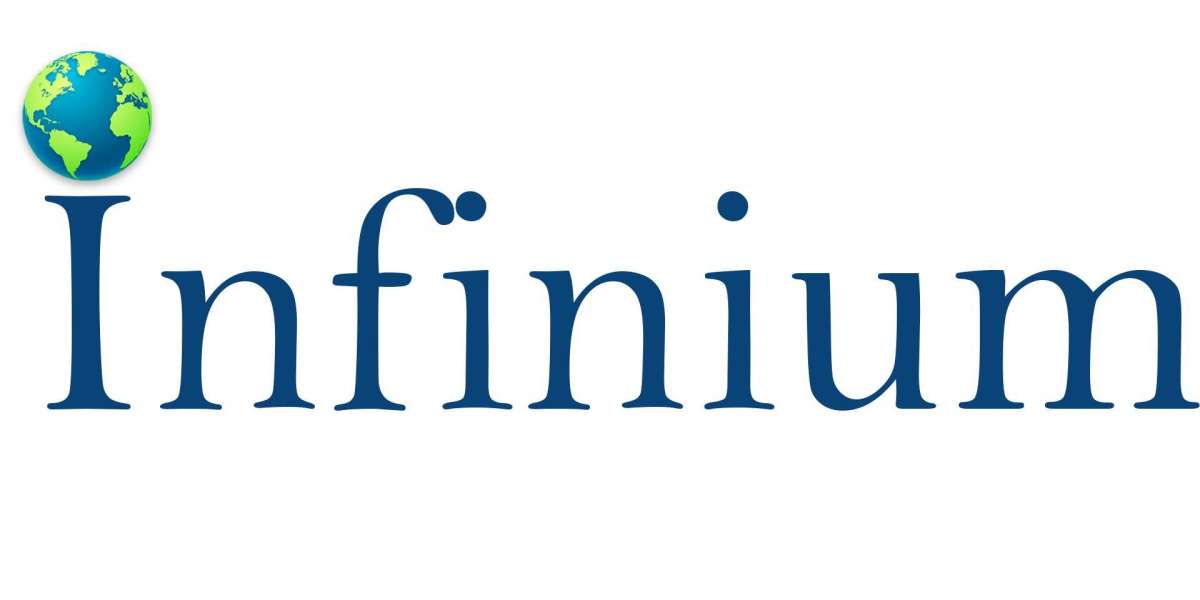The Infinium Global Research analyzes the Hormone Replacement Therapy Market over the period of 2024 to 2032. This report also provides detailed qualitative and quantitative analyses of the market dynamics, market size and future trends in global hormone replacement therapy market. It will help a lot of decision makers to develop strategies and find new opportunities in the global markets of hormone replacement therapy. The report covers market changing aspects including drivers, restraints, opportunities, and trends expected to encouragement the expansion of the hormone replacement therapy market during the period.
Get Sample pages of Report: https://www.infiniumglobalresearch.com/reports/sample-request/790
The global hormone replacement therapy (HRT) market is experiencing significant growth, driven by increasing awareness of aging-related health issues and the quest for an improved quality of life. HRT involves the administration of hormones to alleviate symptoms associated with menopause, andropause, and other hormonal imbalances. As the global population ages, demand for HRT is surging, particularly among women seeking relief from menopausal symptoms such as hot flashes, night sweats, and mood swings. This therapy not only helps manage these symptoms but also plays a crucial role in preventing long-term health issues like osteoporosis and cardiovascular diseases.
Technological advancements and research in HRT have significantly enhanced the safety and efficacy of these treatments. Modern HRT formulations, including bioidentical hormones that mimic the body's natural hormones, have gained popularity due to their perceived lower risk of side effects compared to traditional synthetic hormones. Additionally, the development of personalized HRT regimens tailored to individual hormonal profiles is gaining traction, offering more precise and effective treatment options. This shift towards personalized medicine is expected to further propel market growth as it caters to the specific needs and preferences of patients.
The expanding geriatric population, rising number of menopausal women, and increasing availability of favorable reimbursement policies for hormone replacement procedures are also driving the market. Growing availability of novel hormone replacement medications and the rising popularity of customized hormone replacement therapies for different chronic diseases are other influential factors. Bio-identical hormone replacement therapy, in particular, is anticipated to gain massive popularity by the end of the study period. However, the risk of cancerous cell development in the use of combination hormone replacement therapies remains a major obstacle inhibiting providers from reaching their full growth potential.
Moreover, the increasing acceptance of HRT among men is contributing to market expansion. Men experiencing symptoms of andropause, such as fatigue, depression, and reduced libido, are turning to HRT for relief and improved vitality. The growing emphasis on men's health and wellness is driving demand for testosterone replacement therapies, thereby broadening the HRT market. The demand for low-cost generic versions of hormone replacement drugs is predicted to surge at a rapid pace over the next ten years, offering highly remunerative opportunities for both new and established hormone replacement therapy product manufacturers.
Market Drivers:
- More Hormonal Imbalances: A rise in hormonal imbalances and related health issues is creating a greater need for HRT.
- Growing Postmenopausal Population: The number of women reaching menopause is increasing, creating a larger potential patient pool.
- Heightened Awareness: With greater public awareness of HRT's benefits, more women are seeking treatment to manage menopausal symptoms.
Market Opportunities:
- More effective: The treatment will target your specific needs, leading to better results.
- Minimally invasive: With a more precise approach, there's a lower chance of unwanted side effects.
- General practice: This refers to established medical treatments that form the foundation of your care plan.
- Custom-made therapies: These are tailored specifically to you based on your genetic and hormonal profile.
Regional Analysis:
Dominant Americas, Rising Asia Pacific
The Americas region takes the crown for the largest hormone replacement therapy market share, capturing over half (50.9%) of global revenue in 2024. This dominance is likely due to high awareness about treatment options in the US, the biggest single contributor within the Americas.
Europe: Steady Growth
Europe is predicted to experience steady market growth, potentially fueled by a rise in inactive lifestyles across the region.
Asia Pacific: The Future Leader?
The Asia Pacific region is poised for the most explosive growth, boasting the highest Compound Annual Growth Rate (CAGR) throughout the forecast period. This surge is expected to be driven by a rising demand for hormone replacement therapies in countries like China, Japan, and Australia.
Rest of the World: Gradual Rise
The remaining countries (often referred to as "Rest of the World") are anticipated to see a more gradual increase in market size over the coming years.
Market Segmentation:
- By Therapy Type:
- Growth hormone replacement therapy
- Estrogen replacement therapy (the largest segment in 2015, accounting for 63.9% of the market)
- Thyroid hormone replacement therapy
- By Route of Administration:
- Oral: Medications taken by mouth (tablets, capsules)
- Parenteral: Injections
- Transdermal: Patches worn on the skin
Competitive Landscape
Amgen, Genentech, Novo Nordisk, Wyeth, Bayer, MED-EL, Eli Lily, Merck Co., Mylan Laboratories, Pfizer and others.
Report Overview: https://www.infiniumglobalresearch.com/reports/global-hormone-replacement-therapy-market
Reasons to Buy this Report:
= Comprehensive analysis of global as well as regional markets of hormone replacement therapy.
= Complete coverage of all the product types and application segments to analyze the trends, developments, and forecast of market size up to 2032.
= Comprehensive analysis of the companies operating in this market. The company profile includes an analysis of the product portfolio, revenue, SWOT analysis, and the latest developments of the company.
= Infinium Global Research- Growth Matrix presents an analysis of the product segments and geographies that market players should focus on to invest, consolidate, expand, and/or diversify.
Conclusion:
In conclusion, the hormone replacement therapy (HRT) market is poised for robust growth, fueled by increasing awareness of aging-related health issues, technological advancements, and a shift towards personalized medicine. Despite challenges such as potential cancer risks and high treatment costs, the expanding geriatric population and rising acceptance of HRT among both women and men present significant opportunities for market expansion and innovation in the coming years.



